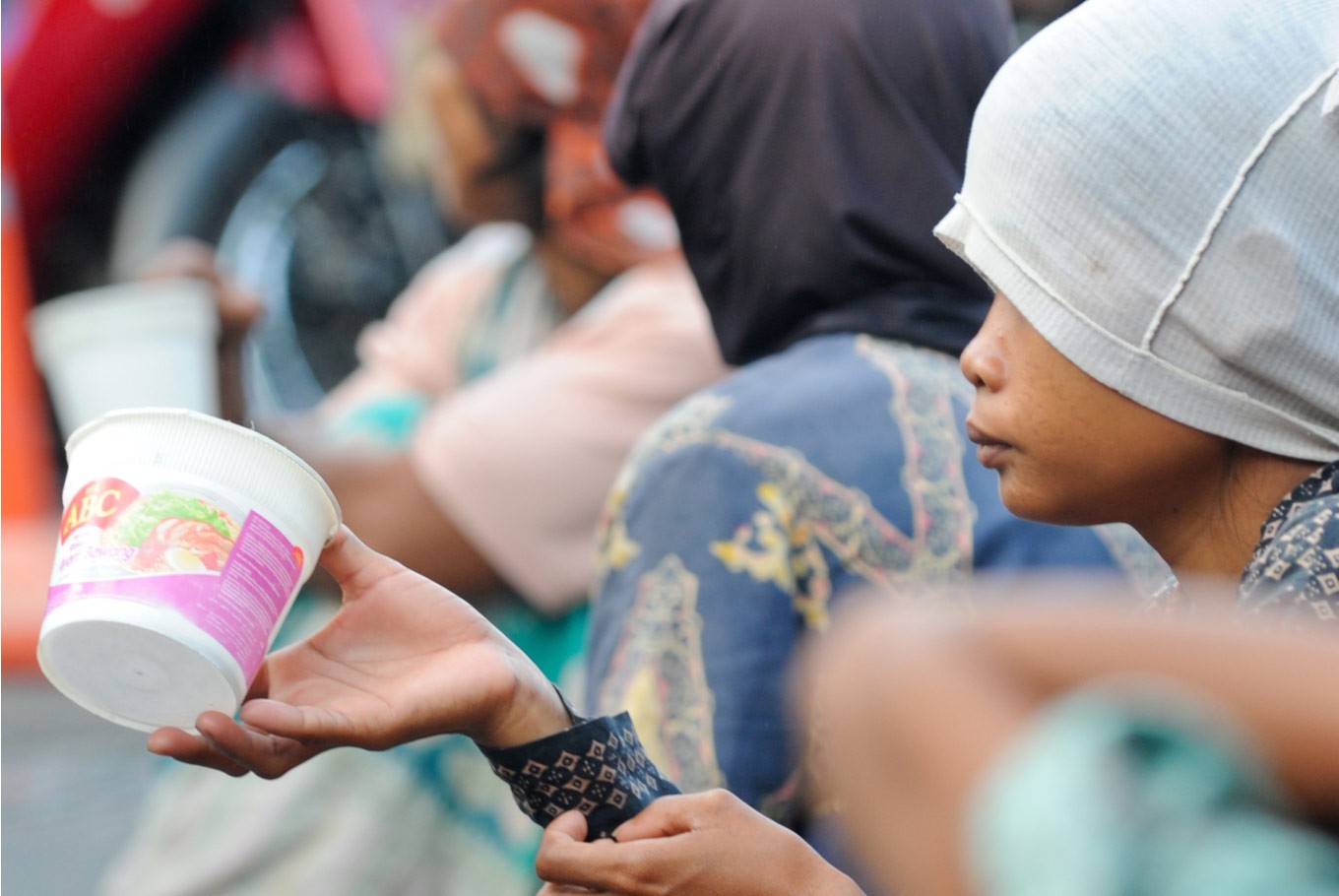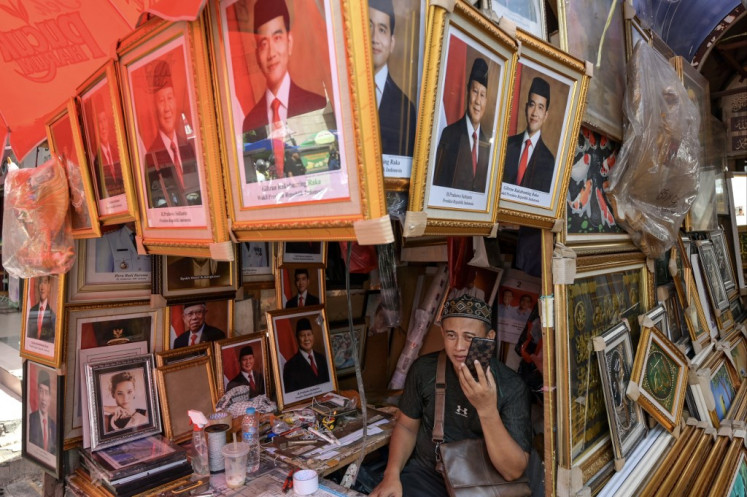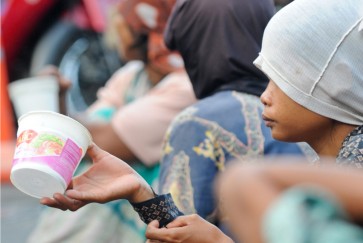From vicious poverty cycle to virtuous social mobility
Equality of opportunity and social mobility remain low in Indonesia.
Change Size
 Beggars in Indonesian capital city Jakarta. (Shutterstock.com/Daxiao Productions)
Beggars in Indonesian capital city Jakarta. (Shutterstock.com/Daxiao Productions)
N
o person can choose the parents they are born to. You stand an equal chance of being born to the family of the richest 20 percent or the poorest 20 percent. If you were born to a family that belongs to the poorest 20 percent, you would have a 50 percent chance of being developmentally stunted, in contrast to a 30 percent chance if they belonged to the richest 20 percent (World Bank, 2017).
When your childhood development is stunted, your cognitive abilities and your future educational development will be adversely affected. You will earn a low wage and become trapped in a vicious cycle of poverty.
As Prof. Robert Frank of Cornell University puts it in his book, Success and Luck: Good Fortune and the Myth of Meritocracy, luck plays a very important role in a person’s successes and failures in life.
The need to clearly distinguish between inequality of effort and inequality of circumstance ( beyond an individual’s control) is repeatedly stressed by renowned philosopher John Roemer of Yale University. This implies that even though we, as a society, may not be ethically responsible for income inequalities caused by individual heterogeneity in talent and hard work, we are at least responsible for ensuring the equality of opportunity in order to equalize the circumstances beyond their control that different individuals face.
These circumstances include whether a person is born in a remote rural area or a city and whether a person is born to a family with low or high income.
Ensuring equality of opportunity can turn the vicious cycle of poverty into virtuous social mobility. But equality of opportunity and social mobility remain low in Indonesia.
A unique longitudinal dataset (the Indonesian Family Life Survey) that tracks the same individuals for at least 21 years suggests, for example, that if a person is born to a family in the richest 20 percent, they will have a 49 percent chance of being enrolled at a university.

















